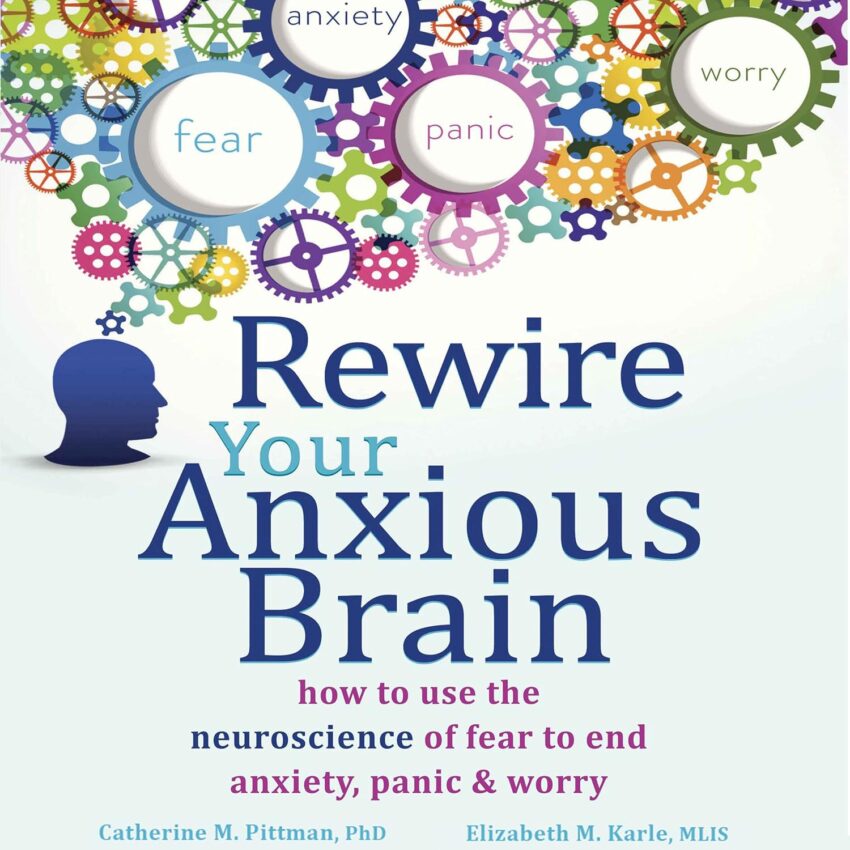Introduction
For many, the overwhelming weight of these mental health challenges can seem inescapable. But if you’re searching for natural, empowering ways to reclaim your peace of mind, you’re not alone—and you’re in the right place.
The Problem: A Silent Struggle Millions Face
Anxiety and depression often creep in quietly, slowly eroding joy, motivation, and peace. You may feel trapped in a cycle of worry, fatigue, and hopelessness. Medications, while helpful for some, aren’t always desired or accessible. Whether due to side effects, cost, or personal preference, many seek alternative approaches.
The Agitation: The High Cost of Inaction
Left unaddressed, these conditions can impact everything—your relationships, career, physical health, and overall quality of life. You might notice increasing isolation, sleepless nights, or even chronic health problems linked to long-term stress.
The Solution: A Holistic, Drug-Free Approach
Managing anxiety and depression without medication is possible. It requires a multi-faceted, lifestyle-centered strategy that targets both the mind and body. Let’s explore evidence-based, practical techniques to take control naturally.
 Holistic Techniques for Managing Anxiety and Depression
Holistic Techniques for Managing Anxiety and Depression
 1. Prioritize Physical Activity and Movement
1. Prioritize Physical Activity and Movement
Exercise is one of the most powerful natural antidepressants. Studies show that 30 minutes of moderate exercise, like brisk walking or cycling, can significantly boost mood and reduce anxiety levels by increasing endorphins and serotonin.
Try:
-
Daily walks in nature (nature therapy)
-
Yoga or tai chi for mind-body alignment
-
Strength training for energy and confidence
 2. Practice Mindfulness and Meditation
2. Practice Mindfulness and Meditation
Mindfulness-based cognitive therapy (MBCT) has been shown to reduce relapse rates in depression. Meditation calms the mind, enhances emotional regulation, and breaks the cycle of negative thought patterns.
Get started with:
-
Guided meditations via apps like Calm or Insight Timer
-
Breathing exercises: Try the 4-7-8 technique
-
Daily gratitude journaling
 3. Optimize Your Nutrition
3. Optimize Your Nutrition
Your brain chemistry is deeply affected by what you eat. Nutrient deficiencies (like B-vitamins, magnesium, and omega-3s) can contribute to low mood and anxiety.
Eat more:
-
Leafy greens, berries, fatty fish, nuts, and whole grains
-
Fermented foods for gut health (which influences mental health)
-
Hydration—dehydration can mimic anxiety symptoms

 Restructure Thought Patterns
Restructure Thought Patterns
 4. Use Cognitive Behavioral Tools
4. Use Cognitive Behavioral Tools
Even without a therapist, CBT techniques can help identify and challenge irrational thoughts. Reframing negativity helps break anxiety-depression loops.
Examples:
-
Use thought records to challenge limiting beliefs
-
Ask: “What evidence supports this fear?”
-
Practice self-compassion instead of harsh self-criticism
 5. Build a Supportive Social Circle
5. Build a Supportive Social Circle
Isolation fuels depression. Connection is key.
Actions:
-
Join local support groups or online forums
-
Share your experiences with trusted friends
-
Volunteer to find purpose and community
 Optimize Daily Habits
Optimize Daily Habits
 6. Establish a Consistent Routine
6. Establish a Consistent Routine
Routine reduces uncertainty and stress.
Tips:
-
Wake up and go to bed at the same time daily
-
Include “anchor points” like morning walks or evening tea
-
Limit screen time, especially before bed
 7. Prioritize Sleep Hygiene
7. Prioritize Sleep Hygiene
Sleep deprivation worsens mood disorders.
How to improve:
-
Wind down with a bedtime ritual
-
Keep your bedroom cool, dark, and tech-free
-
Avoid caffeine and heavy meals before bed

 When to Seek Professional Help
When to Seek Professional Help
While many can manage symptoms naturally, it’s crucial to recognize when additional support is needed. Therapy (like CBT or talk therapy), even without medication, can offer life-changing insight and coping skills. Always consult a healthcare provider if symptoms persist or worsen.
FAQs
-
How can I manage anxiety and depression without medication?
You can manage anxiety and depression without medication by implementing lifestyle changes like exercise, meditation, healthy nutrition, consistent routines, and cognitive-behavioral strategies that support emotional balance naturally.
-
When should I seek professional help if I’m managing anxiety and depression without meds?
If symptoms worsen or interfere with work, relationships, or daily life, it’s important to consult a mental health professional. Therapy is often effective even without medication.
-
What are the best natural remedies for anxiety and depression?
Top remedies include physical activity, mindfulness, omega-3 fatty acids, sunlight exposure, journaling, herbal supplements like ashwagandha, and social connection—all proven to aid mental health without pharmaceuticals.
-
Is it really possible to treat anxiety and depression without medication?
Yes, many individuals improve their mental health using non-drug approaches. While results vary, especially in severe cases, lifestyle changes and therapy can significantly reduce symptoms.
-
What role does diet play in managing anxiety and depression naturally?
A balanced diet rich in brain-boosting nutrients like omega-3s, magnesium, B-vitamins, and probiotics can stabilize mood and reduce anxiety by supporting optimal brain function and gut health.
 Final Thoughts: Reclaim Control Without Pills
Final Thoughts: Reclaim Control Without Pills
Knowing how to manage anxiety and depression without medication is empowering—it places you back in the driver’s seat. Through exercise, mindfulness, nutrition, and structured habits, you can build resilience and regain emotional balance.
Disclosure: As an Amazon Associate, I earn from qualifying purchases.

